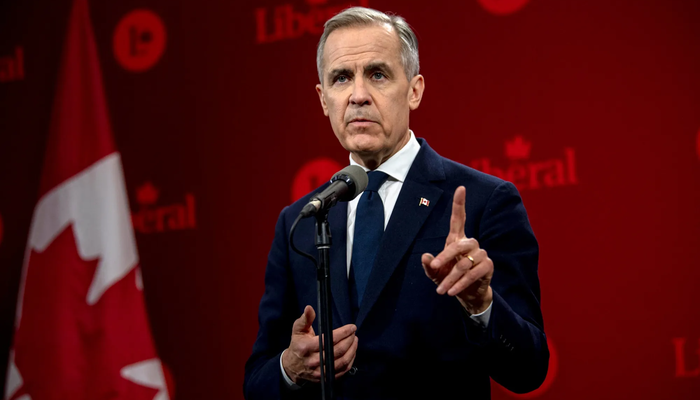Cosmetics maker lost shelf space in US stores to startups backed by celebrities, and has struggled with inflation and supply chain issues.
Revlon Inc has filed for Chapter 11 bankruptcy protection after struggling to compete with online-focused upstart brands in recent years.
On Wednesday the nail polish and lipstick maker owned by billionaire Ron Perelman listed assets and liabilities between $1bn and $10bn, according to a filing with the US Bankruptcy Court for the Southern District of New York.
Chapter 11 filings allow a company to continue operating while it works out a plan to repay creditors.
US multiple business executives push for Biden’s $1.9T plan
The bankruptcy filing comes days after the Wall Street Journal reported Revlon had begun talks with lenders ahead of looming maturities of debt to avoid bankruptcy.

Revlon’s sales have struggled amid supply bottlenecks and a failure to swiftly switch to in-demand skincare, losing shelf space in US stores to startups backed by celebrities such as Kylie Jenner’s Kylie Cosmetics and Fenty Beauty by Rihanna.
The 90-year-old company got its start selling nail polish in the throes of the Great Depression, and later added coordinated lipsticks to its collection. By 1955, the brand was international.
Perelman’s holding company, MacAndrews & Forbes Inc, took control of Revlon in an acrimonious takeover in 1985, funding the deal with junk debt raised by Michael Milken. MacAndrews & Forbes at one point sued Revlon over the company’s acceptance of a lower offer from Forstmann Little & Co, resulting in a landmark Delaware court decision on the fiduciary duties of board members, sometimes dubbed the “Revlon Rule.”
Wikipedia launches new global code of conduct to counter site abuses
The company’s debt load proved burdensome, especially after it sold more than $2bn of loans and bonds to fund its acquisition of Elizabeth Arden in 2016. It also owns brands including Cutex and Almay, and markets in more than 150 countries.
Revlon narrowly staved off multiple previous defaults by cutting deals with creditors to rework its obligations out of court.



